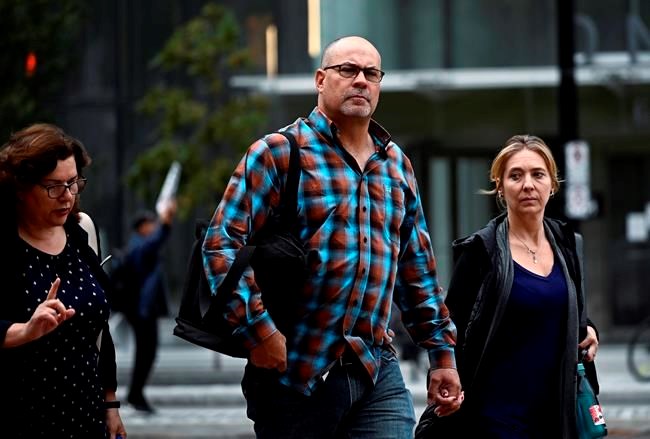OTTAWA — The judge in the criminal trial of two "Freedom Convoy" organizers ruled on Friday that portions of redacted internal police documents should be admitted as evidence.
Justice Heather Perkins-McVey said some information that police initially redacted from documents is protected by solicitor-client privilege, but some of it has to do with opinions or statements by officers that should be admissible.
Crown prosecutors and the Ottawa Police Service had argued that the documents should stay redacted because they concerned lawyers' advice or were irrelevant to the proceedings.
Perkins-McVey explained that communications between a solicitor and client that are related to legal advice and intended as confidential are covered, but that privilege is waived when documentation is voluntarily or inadvertently disclosed to a third party.
"There is no dispute that legal advice from the Crown to police can be covered by solicitor-client privilege, (but it) may fall within an exception," she said in her decision's summary.
"Some of it is properly claimed as solicitor-client privilege, some of it is waived, or it is the musings or opinion of the officer, not coming from the Crown."
The documents contain emails as well as information about a software update for officers' cellphones after the end of the early 2022 demonstrations, which may have deleted messages between organizers and police liaison officers.
Chris Barber and Tamara Lich face multiple charges, including mischief, counselling others to commit mischief and intimidation in relation to the protests against COVID-19 public-health measures.
The Crown is seeking to prove that Lich and Barber exerted influence over protesters' actions.
The matter adjourned early in the day on Friday. A hearing is expected to be held on Nov. 8 to set more trial dates.
This report by The Canadian Press was first published Nov. 3, 2023.
Liam Fox, The Canadian Press



